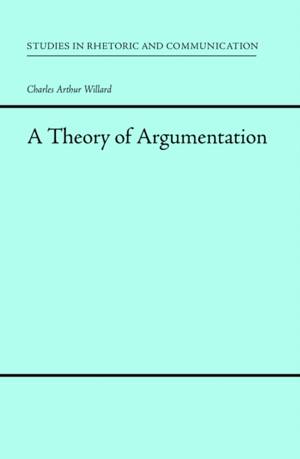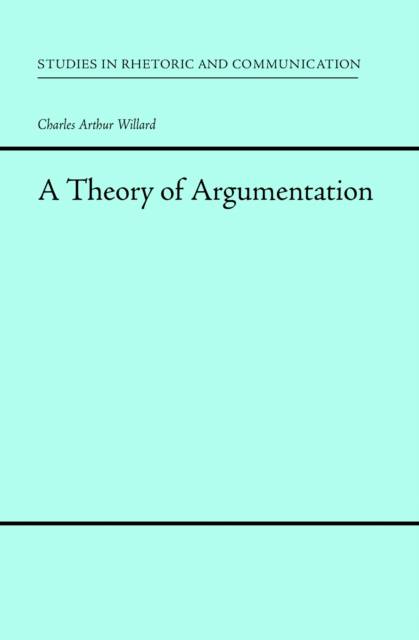
- Afhalen na 1 uur in een winkel met voorraad
- Gratis thuislevering in België vanaf € 30
- Ruim aanbod met 7 miljoen producten
- Afhalen na 1 uur in een winkel met voorraad
- Gratis thuislevering in België vanaf € 30
- Ruim aanbod met 7 miljoen producten
Zoeken
Omschrijving
Establishes a theoretical context for, and to elaborate the implications of, the claim that argument is a form of interaction in which two or more people maintain what they construe to be incompatible positions
The thesis of this book is that argument is not a kind of logic but a kind of communication--conversation based on disagreement. Claims about the epistemic and political effects of argument get their authority not from logic but from their "fit with the facts" about how communication works. A Theory of Communication thus offers a picture of communication--distilled from elements of symbolic interactionism, personal construct theory, constructivism, and Barbara O'Keefe's provocative thinking about logics of message design. The picture of argument that emerges from this tapestry is startling, for it forces revisions in thinking about knowledge, rationality, freedom, fallacies, and the structure and content of the argumentation discipline.Specificaties
Betrokkenen
- Auteur(s):
- Uitgeverij:
Inhoud
- Aantal bladzijden:
- 336
- Taal:
- Engels
- Reeks:
Eigenschappen
- Productcode (EAN):
- 9780817350291
- Verschijningsdatum:
- 1/01/2003
- Uitvoering:
- Paperback
- Formaat:
- Trade paperback (VS)
- Afmetingen:
- 127 mm x 226 mm
- Gewicht:
- 517 g

Alleen bij Standaard Boekhandel
+ 72 punten op je klantenkaart van Standaard Boekhandel
Beoordelingen
We publiceren alleen reviews die voldoen aan de voorwaarden voor reviews. Bekijk onze voorwaarden voor reviews.








